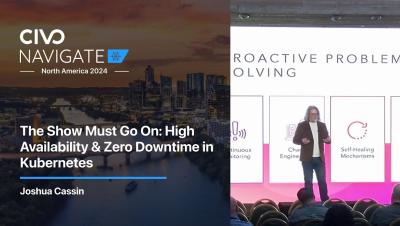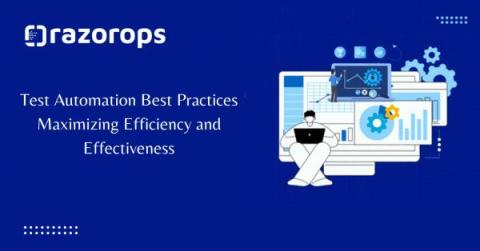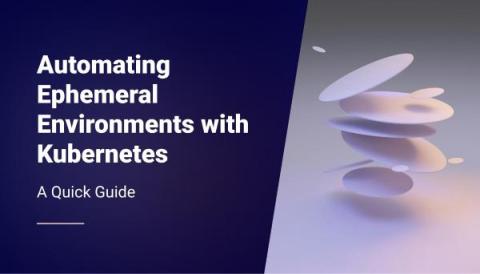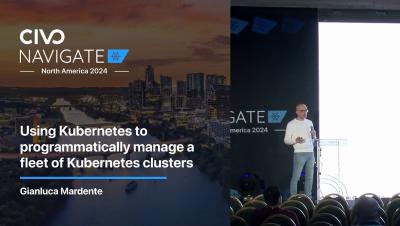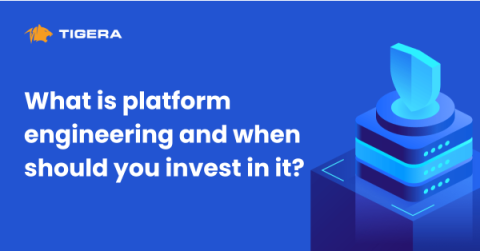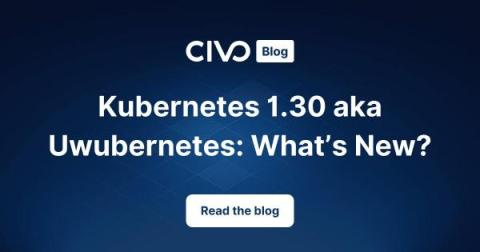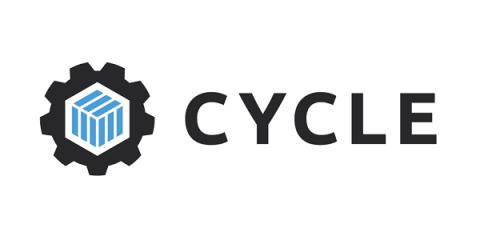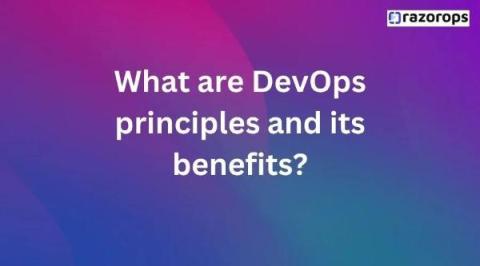Beginner's Guide to Kubernetes Troubleshooting
Kubernetes troubleshooting is a critical skill for developers and system administrators managing containerized applications. It involves diagnosing and resolving issues within a Kubernetes cluster, ensuring that applications run smoothly and efficiently. Troubleshooting can range from simple configuration errors to complex networking issues, requiring a deep understanding of Kubernetes architecture and components.



